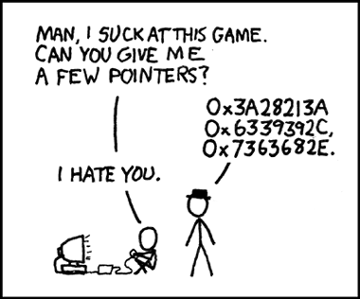In your first blog post, please write a short introduction to who you are, what your interests are, why you are studying Computer Science (or whatever your major is), and what you hope to get out of this class.
Additionally, in your opinion, what are the most pressing ethical and moral issues facing Computer Scientists? Which ones are you particularly interested in discussing this semester?
I am Jack Ryan, a senior Computer Science major at Notre Dame. I hail from “fake Chicago”, a nickname given to the suburbs closely surrounding the city. I’m interested in music, basketball, computer security, and writing code to solve important problems. I chose to study Computer Science for a couple reasons:
- I get to solve difficult problems and see the visual results of my efforts
- Software is advancing quickly; we are in the midst of groundbreaking innovation
- I like computers.
I hope that this class arms me with new perspectives on my interactions with the computer, whether I am actually writing code or simply browsing the Internet. Computer Science is currently faced with some incredibly difficult ethical dilemmas. Autonomous technology is advancing quickly, and people are losing jobs to robotic employees. This past summer, I interned for a company that is largely involved in robotics and automation; although the goal is never to put humans out of work, it is a sure consequence.
“…many workers in existing industries will be stranded on the wrong side of software-based disruption and may never be able to work in their fields again. There’s no way through this problem other than education, and we have a long way to go.”
-Marc Andreessen, Why Software is Eating the World
In addition to automation, I am interested in exploring the topic of hacking in computer ethics class. Computer security is always an issue in the connected world, and I would love to learn different perspectives on the hacking culture.
